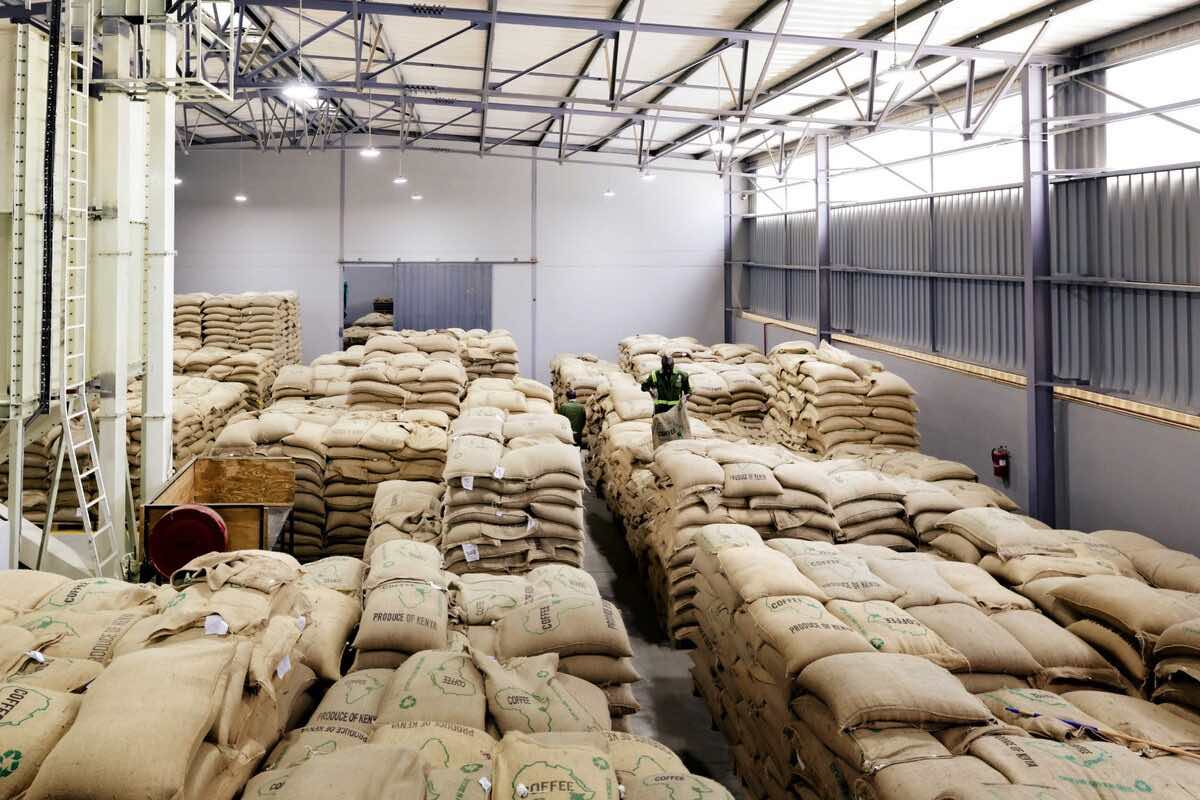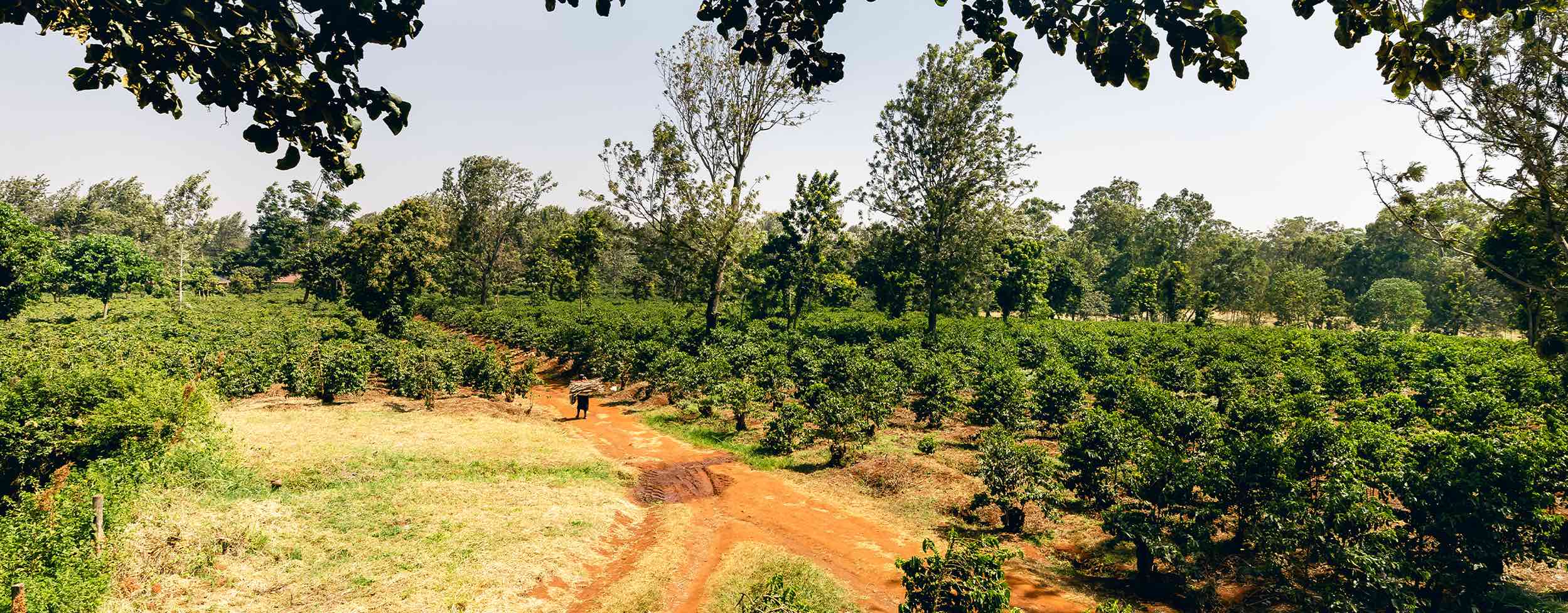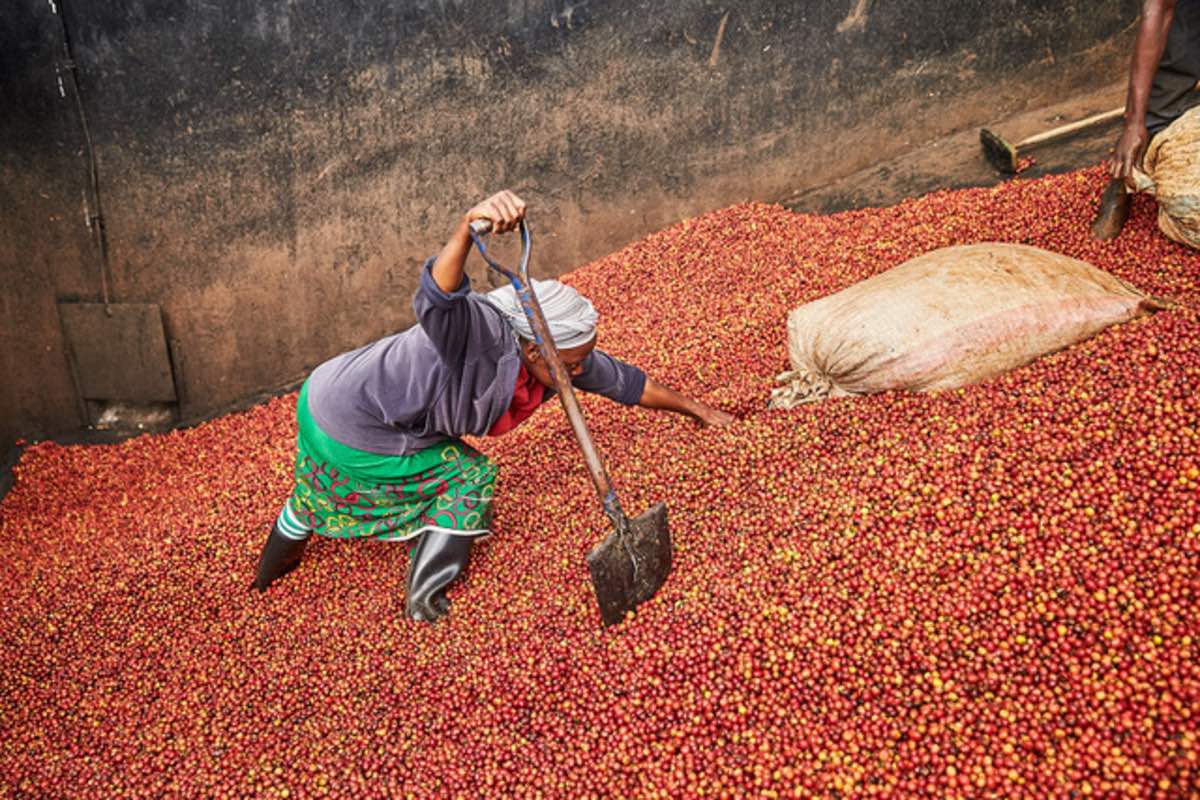
Coffee Pricing : Mandatory Minimum Coffee Prices: A Complex Issue
In recent years, the conversation surrounding coffee pricing has intensified, with growing concerns about farmer welfare, income inequality, and market volatility. Advocates of a mandatory minimum price for coffee argue that such a measure could provide stability and security for farmers, lifting many out of poverty. However, delving deeper into the issue reveals a complex landscape with no easy solutions.
Historical Trends and The Coffee Paradox:
One striking observation is the decline in green coffee prices over the years. Adjusted for inflation, today’s prices are lower than they were in the 1980s. This trend, known as “The Coffee Paradox,” highlights a concerning disparity: while green coffee prices have stagnated, the price of roasted coffee has skyrocketed. This disparity underscores the challenges faced by coffee farmers, who often bear the brunt of market fluctuations.
The Case for Mandatory Minimum Prices:
Proponents of mandatory minimum prices argue that such measures could provide farmers with income security and stability. By ensuring a fair and stable price for coffee beans, farmers could cover production costs, invest in farm improvements, and improve their standard of living. Moreover, proponents believe that minimum prices could incentivize sustainable farming practices and lead to a more equitable distribution of value along the supply chain.
The Challenges and Criticisms:
Despite noble intentions, implementing mandatory minimum prices faces numerous challenges. A one-size-fits-all approach fails to account for the diverse economic landscapes of coffee-producing regions. Factors such as inflation, production costs, technology availability, and productivity vary widely across countries and regions, making setting a universal minimum price impractical. Furthermore, enforcing minimum prices could distort market dynamics, lead to oversupply, and incentivize informal trading practices.
Alternative Approaches and Solutions:
While mandatory minimum prices may not be the universal remedy for addressing farmer poverty, alternative approaches could yield more sustainable outcomes. Initiatives promoting sustainable farming practices, value-added processing, and market diversification empower farmers to adapt to changing market conditions and build resilience. Additionally, addressing underlying issues such as access to credit, technical assistance, and infrastructure development could provide more comprehensive support to coffee-producing communities.
Conclusion:
While the concept of mandatory minimum prices for coffee may seem appealing, the reality is far more complex. Addressing the challenges faced by coffee farmers requires a multifaceted approach that considers the complexities of the global coffee industry. By promoting sustainability, resilience, and inclusivity, stakeholders can work towards a more equitable and prosperous future for coffee-producing communities worldwide.
In conclusion, while the debate over mandatory minimum prices continues, it is essential for stakeholders to consider the broader context and explore alternative solutions that address the underlying issues facing coffee farmers. Only through collaboration and innovation can the coffee industry achieve a more sustainable and equitable future.





